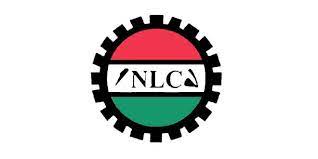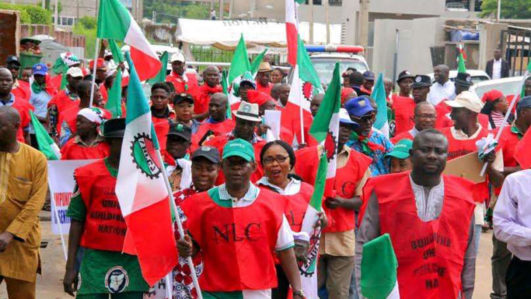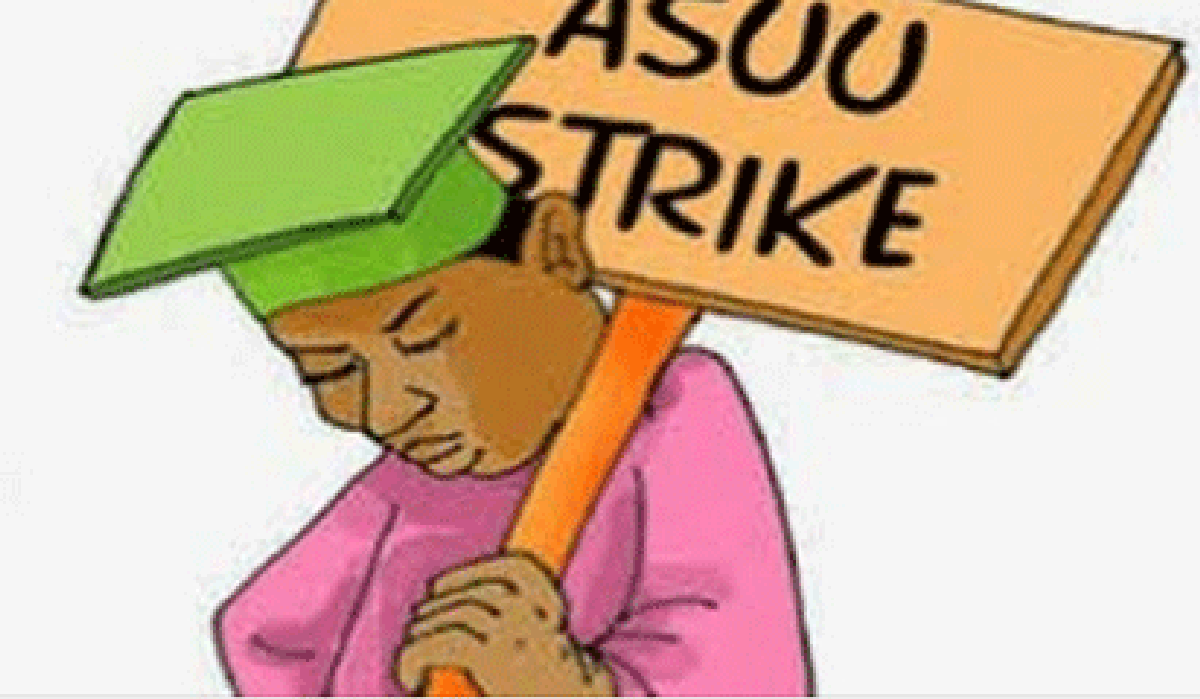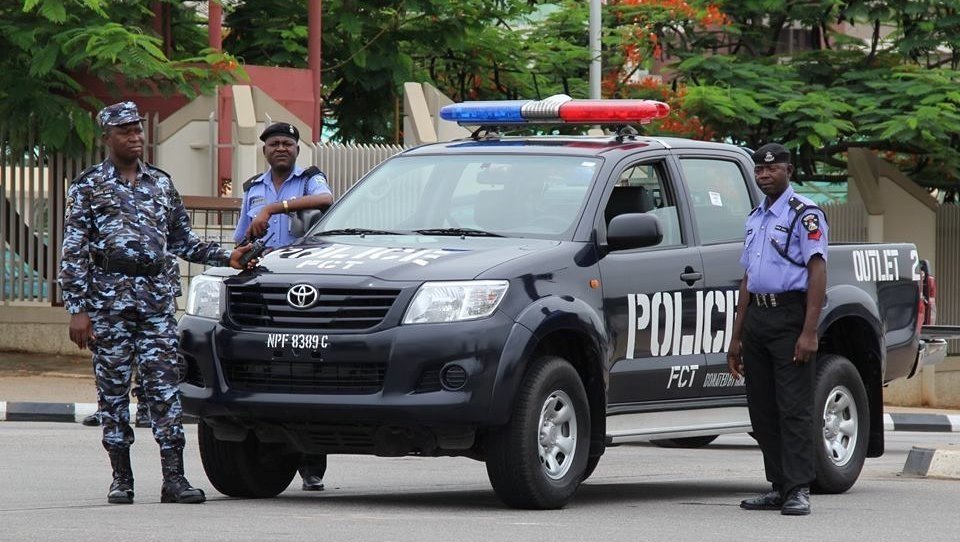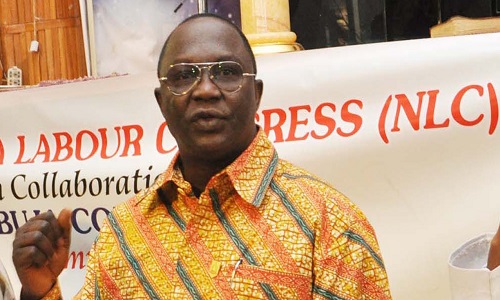The Academic Staff Union of Universities (ASUU) and the Joint Action Committee of the Non-Academic Staff Union (NASU) of Educational and Associated Institutions and Senior Staff Association of Nigerian Universities (SSANU) have said their ongoing industrial actions would not be called off soon following Federal Government’s failure to reach a strong agreement with them.
All the university unions in the country are presently on strike.
ASUU started its strike on February 14, 2022 and JAC commenced its own on April 14, 2022.
The unions embarked on industrial actions while demanding improved welfare packages, better working conditions and implementation of various labour agreements signed with the Federal Government between 2009 and 2020.
The national leaders of ASUU and JAC of SSANU and NASU, Prof Emmanuel Osodeke and Mr Mohammed Ibrahim, respectively told our correspondent that the Federal Government and all stakeholders in the education sector and religious leaders had a meeting with the four unions but no strong agreements were reached.
The Minister of Labour and Employment, Senator Chris Ngige, was quoted in a report at the weekend as saying, “We had a cordial and fruitful discussion; we looked at the issues dispassionately and reached some agreements, to the satisfaction of everybody in attendance.”
But Osodeke said Ngige’s claim after the meeting that the unions would call off the ongoing strike this week was a political statement.
He said, “We are not aware that we are calling off the strike. We met but there was nothing concrete between us and the government. Like we said before, we do not want promises, we want actions, if they show action and implement all the issues, we will go to our members, but knowing their antecedents, we know they will not do anything.
“They promised us since December 2020 and it is going to a year and a half, they have not done anything. We are waiting for them.
“As far as we are concerned, only when they sign our agreements, accept UTAS, release EAA and revitalisation funds will we call the strikes off.”
Ibrahim added that the major progress he could point at during the meeting was the ordering of the National Information Technology Development Agency, by the presidency who was represented by the Chief of Staff to the President and Chairman of the meeting, Prof. Ibrahim Gambari, to subject the three payment solutions; Integrated Payroll and Personnel information system , University Transparency and Accountability Solution and University Peculiar Payroll Payment System, to integrity test and submit in three weeks.
“We are not talking about calling off strike now,” he said.
GROUNDS FOR STRIKE:
Government’s failure to implement the Memorandum of Understanding (MoU) and Memorandum of Action (MoA) signed between the union and the government; the government’s poor commitment to the payment of academic earned allowance (EAA); the continued use of the Integrated Personnel Payroll Information System and refusal to adopt the Universities Transparency and Accountability Solution (UTAS), and proliferation of the universities in the country.
ASUU also accused the Joint Admissions and Matriculation Board (JAMB) of encroaching on the statutory roles of the senates of universities over the admission of candidates by the institutions.
The union also frowned at the appointment of Nigeria’s minister of communications and digital economy, Isa Ibrahim, as a professor at a federal university (FUTO) and threatened to sanction all those it said took part in the processes leading to what it described as the illegal appointment.
On IPPIS:
Speaking on IPPIS, the union in its communique of February 14, 2022 said; “The imposition of this grotesque platform challenged our union to develop an alternative system to IPPIS – the University Transparency and Accountability Solution (UTAS). This locally developed and cost-effective alternative payment platform has the distinct capacity to check corruption and preserve the hard-earned autonomy of Nigerian universities for the good of the country. Regrettably, FGN is still foot-dragging over its adoption, contrary to an earlier agreement with our union, thereby allowing the financial chaos heralded by IPPIS to continue.”
On EAA:
ASUU said; “Compatriots of the press, the Federal Government promised to mainstream the EAA into the annual federal budget in the various memoranda signed with ASUU and the Government recently released N221 billion for payment of some EAA allowances. However, many years of unpaid entitlements are outstanding, serving as triggers for industrial crisis in our universities.”
On visitation panel:
The union condemned what it termed the continued delay in the release of the white papers on the reports of the visitation panels to the universities. The panels were set up by the government.
“Sending Visitation Panels to universities on a periodic (5-yearly) basis is a critical evaluation requirement stipulated in our university laws. Our Union had to embark on an action for the FGN to institute such panels. However, many months after the panels submitted their reports, the White Papers are yet to be released. We call for the immediate release of the White Papers to address numerous lapses in the administration of Nigeria’s federal universities,” ASUU said.
Appeal for support:
Meanwhile, the union pleaded with Nigerians for understanding, saying the declaration of the strike became very important to preserve the sanctity of the Nigerian university system.
“Comrades and compatriots, it was a painful decision for NEC to arrive at the roll-over strike option. Contrary to the views canvassed in some quarters, our union loathes to disrupt academic activities on our campuses. We love our students and respect their parents and guardians. We are also not insensitive to the genuine concerns about stable academic calendars in public universities expressed by patriotic Nigerians and lovers of Nigeria. But the blame should be squarely put at the doorsteps of those who have ignored our patriotic yearnings for a development-oriented education in Nigeria.
“The patience of our members has been tasked beyond tolerable limits. The greatest asset of any nation is its human capital. Any nation that pays lip service to education as we currently witness in Nigeria will only grow in age and never experience genuine development. We therefore seek the understanding and support of all stakeholders to make the Nigerian government more responsive to issues of human capital development including health and education,” the union said.
